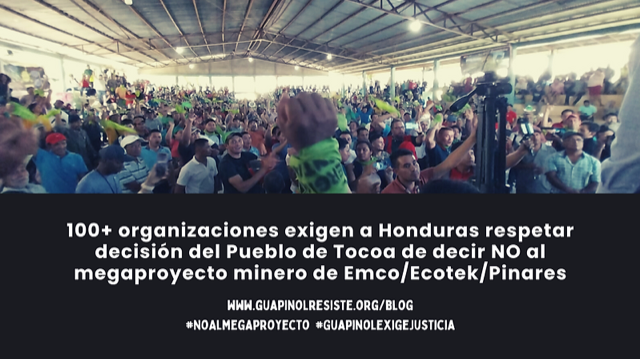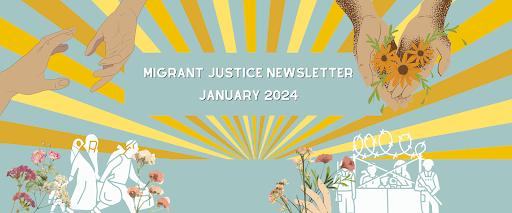Because of confrontations between armed groups in their territory, the Awá Indigenous community of Telembí in Nariño Department has been victim of confinement over recent months. Armed actors restrict their movement. There is a high risk to residents trying to leave their reservations to seek safety. Anti-personnel mines have been placed on ancestral roads. Authorities are prevented from attending meetings, even those called by state institutions. There is tension, worry, and a sense of danger.
On December 7, 2023, a pamphlet was left at the home of the Awá Indigenous Governor of Telembí, Alberto Nastacuas. The threat declared him a military objective and ordered him to leave the territory.


